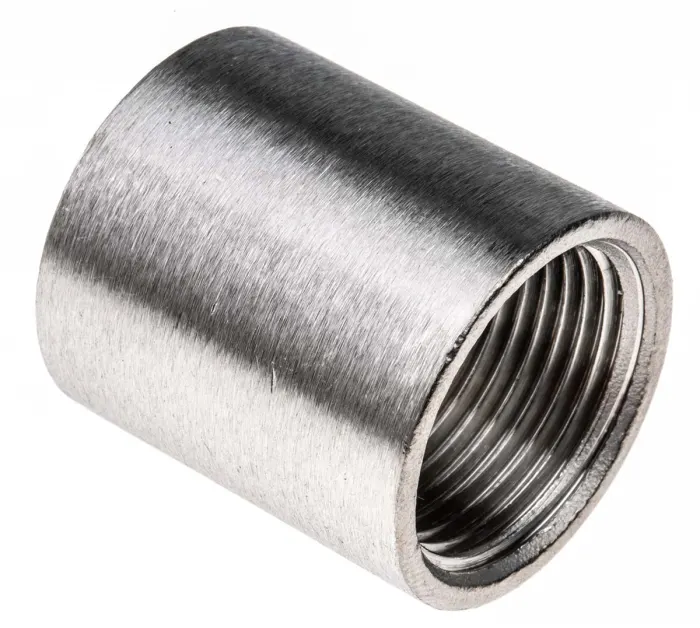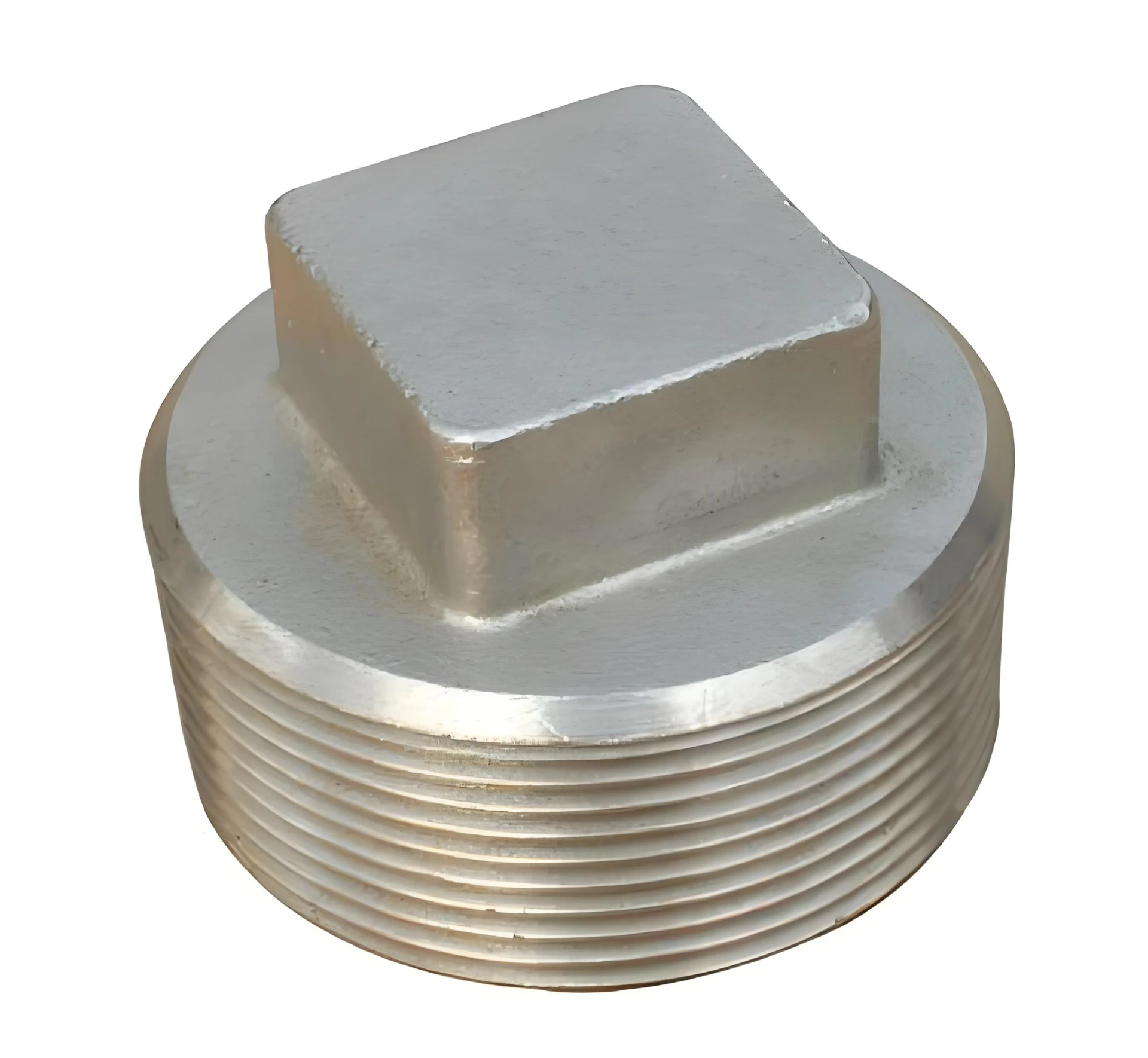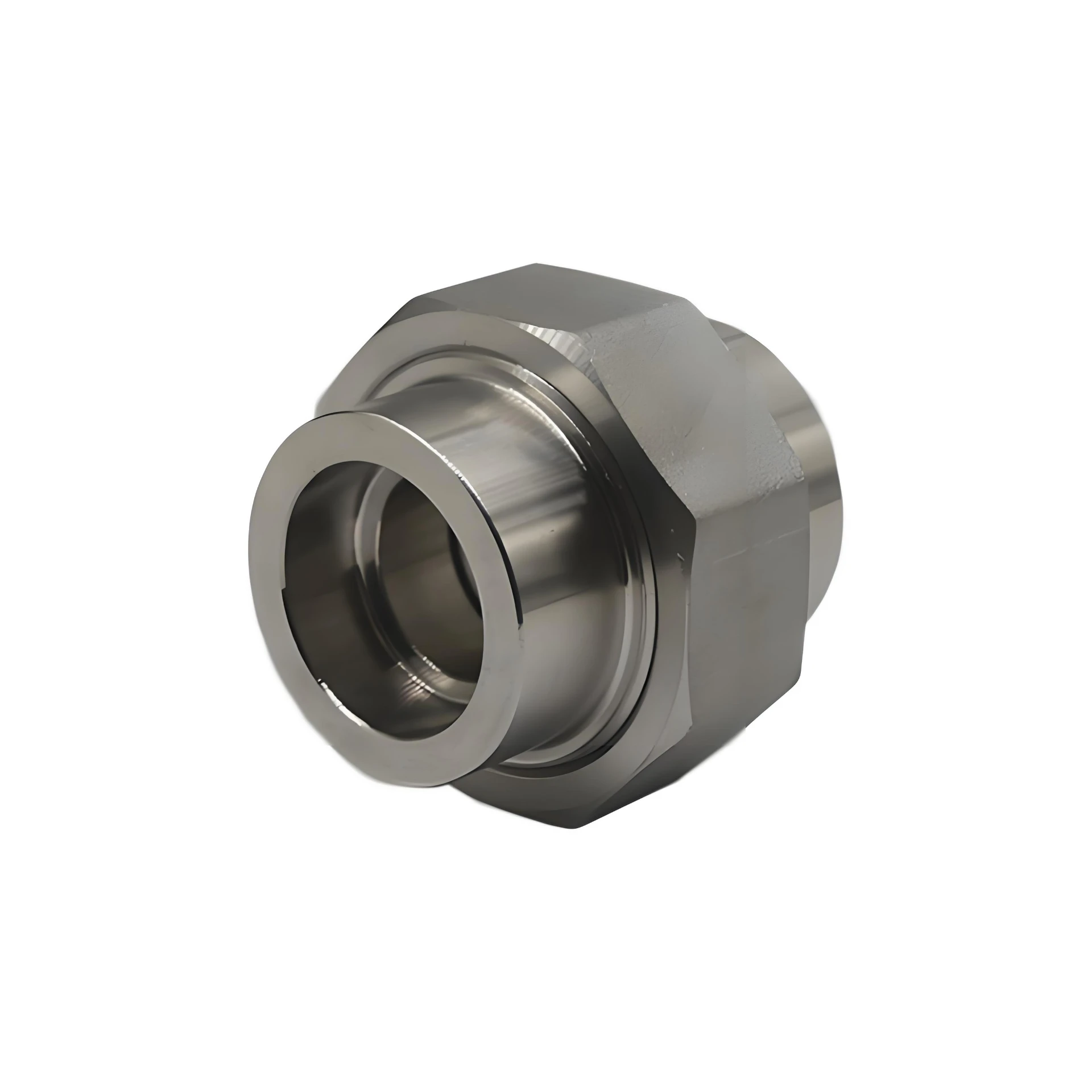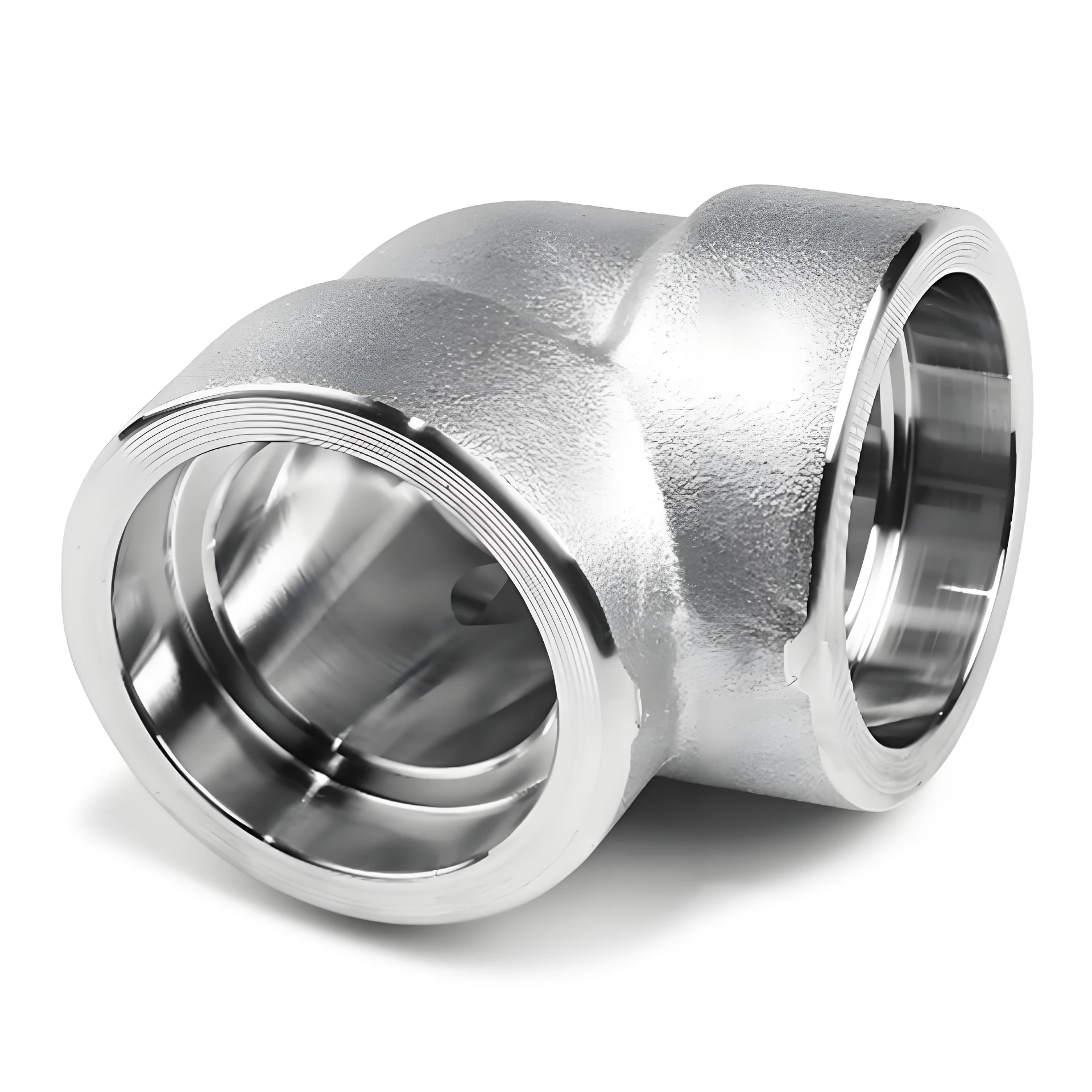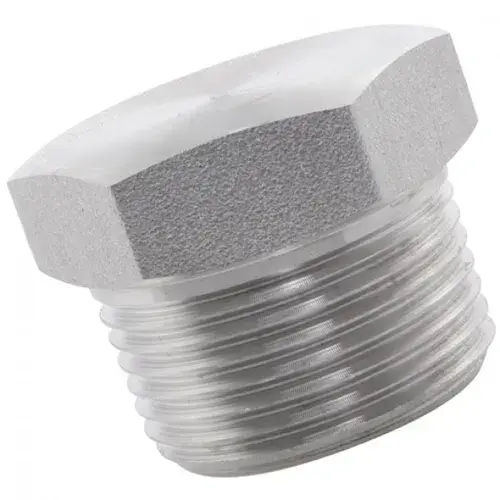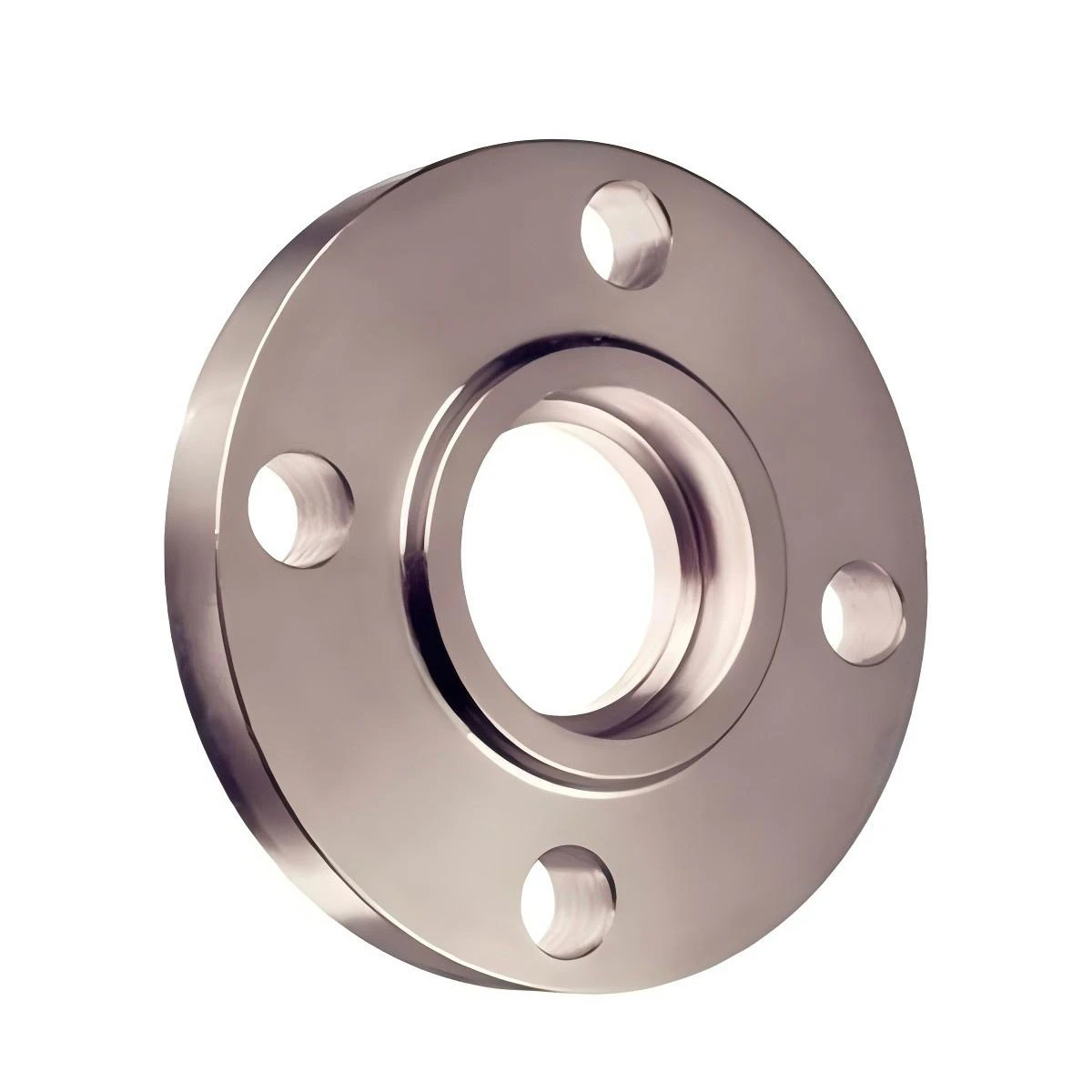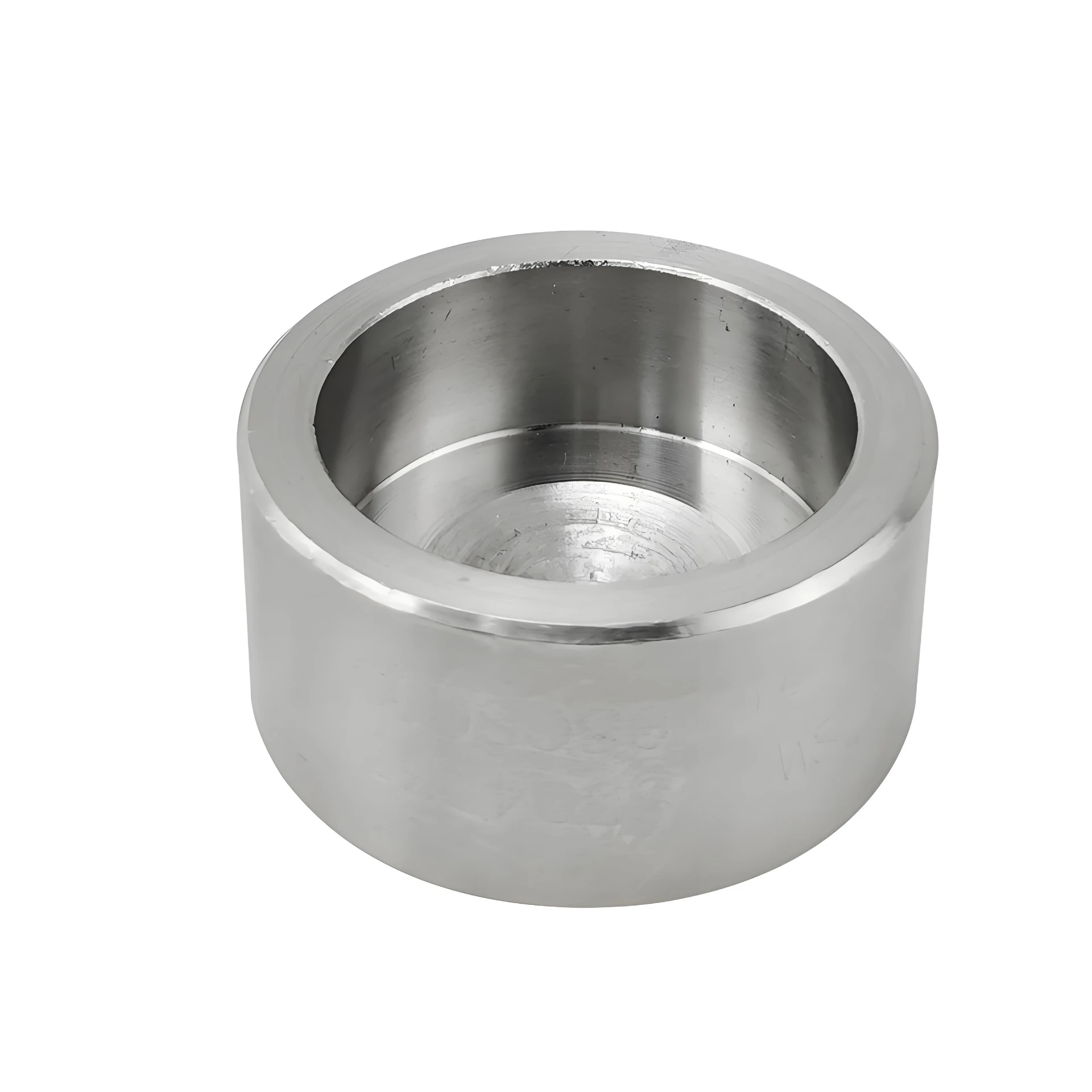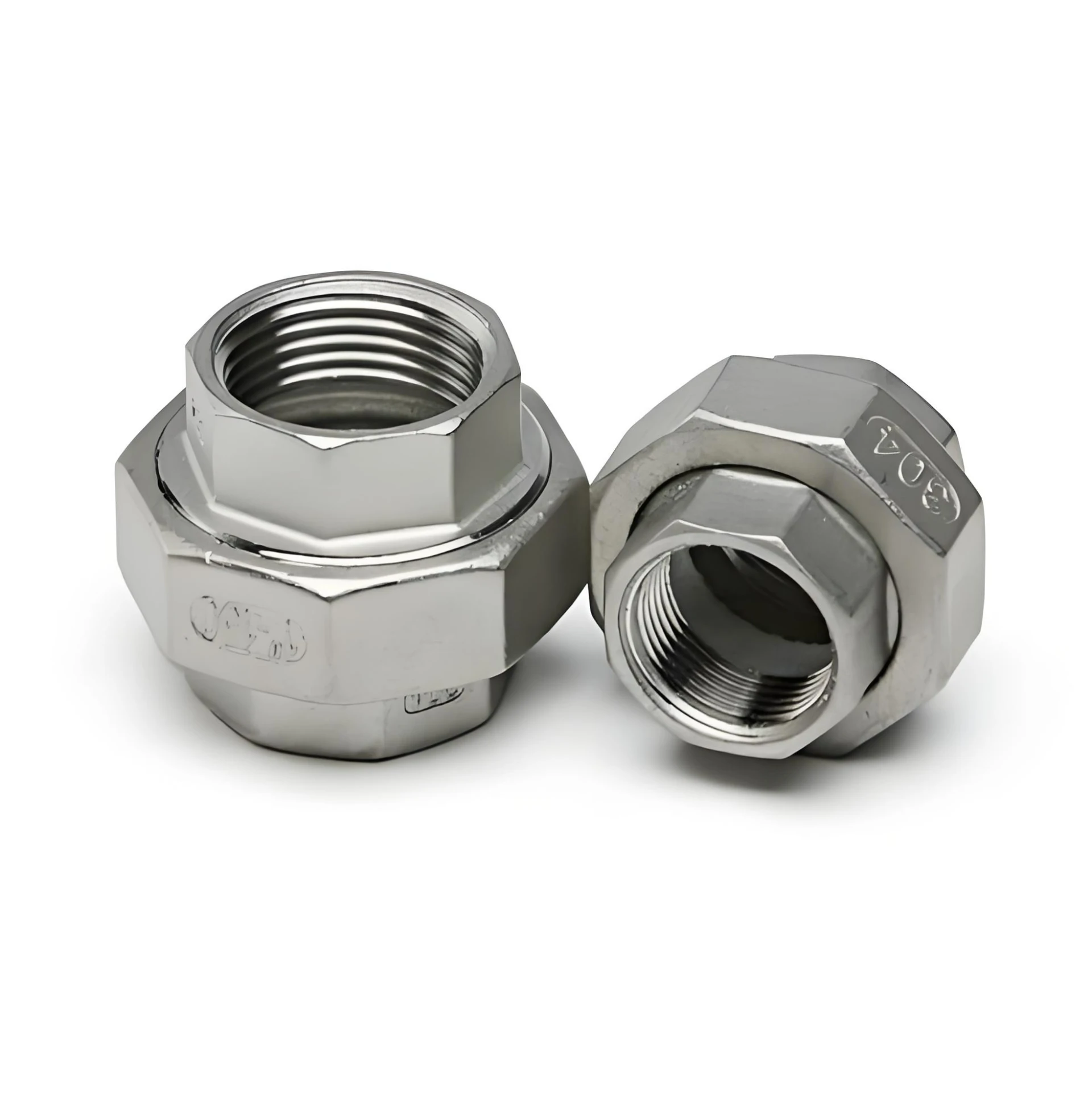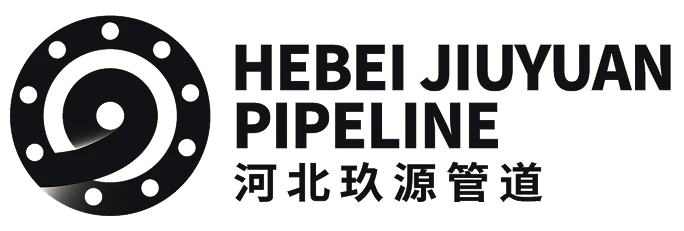
- Albanian
- Arabic
- Armenian
- Azerbaijani
- Belarusian
- Bengali
- Bulgarian
- Croatian
- Czech
- Danish
- Dutch
- English
- Esperanto
- Finnish
- French
- German
- Greek
- Hebrew
- Hungarian
- Indonesian
- irish
- Italian
- Japanese
- Khmer
- Korean
- Kyrgyz
- Lao
- Latin
- Lithuanian
- Malay
- Myanmar
- Norwegian
- Persian
- Polish
- Portuguese
- Romanian
- Russian
- Serbian
- Slovak
- Slovenian
- Spanish
- Swedish
- Tagalog
- Thai
- Turkish
- Turkmen
- Uzbek
- Vietnamese
- Zulu
Steel Tubes In The Oil & Gas Industry
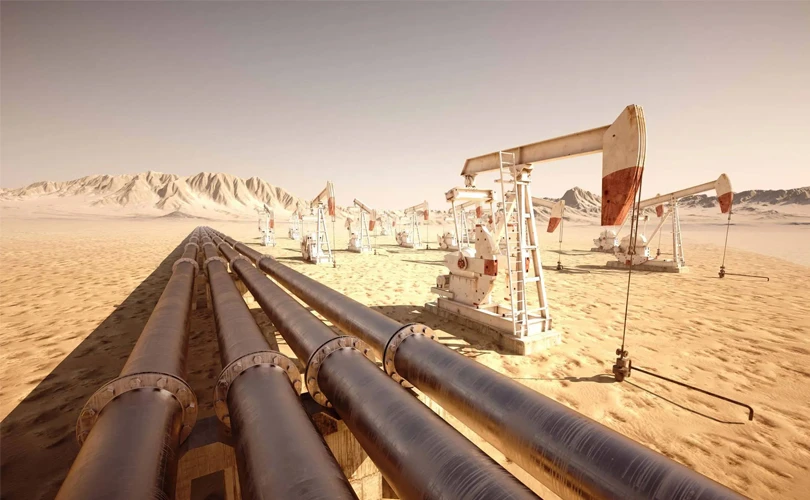
Drilling and Well Completion
In upstream operations, steel tubes are extensively used as casing and tubing within oil and gas wells. Casing pipes are installed in the drilled wellbore to stabilize the well walls, prevent contamination of underground water sources, and isolate different pressure zones. These casings must withstand immense pressures, corrosive fluids, and high temperatures found deep underground. Steel’s mechanical strength and toughness make it the material of choice to ensure well integrity. Inside the casing, production tubing transports hydrocarbons from the reservoir to the surface, requiring similar durability and corrosion resistance.
Pipeline Transportation
Once oil and gas are extracted, they need to be transported safely and efficiently. Steel tubes serve as the primary material for pipelines that carry crude oil, natural gas, and refined products over long distances, both onshore and offshore. These pipelines operate under high pressure and often traverse challenging terrains and harsh climates. Steel’s toughness and flexibility allow pipelines to absorb ground movements, temperature variations, and mechanical stresses without failure. Additionally, specialized coatings and corrosion-resistant alloys are applied to steel tubes to protect against environmental degradation, such as corrosion from seawater in offshore pipelines.
Flowlines and Gathering Systems
Flowlines are smaller-diameter steel tubes that connect wells to processing facilities or main pipelines. They are designed to handle high-pressure fluids, including oil, gas, water, and drilling mud. Gathering systems consist of networks of steel tubes that collect hydrocarbons from multiple wells, directing them to central processing stations. The integrity and reliability of these steel tube systems are critical to maintaining steady production and preventing leaks or environmental hazards.
Refinery and Processing Equipment
Steel tubes are also essential in downstream operations. Refineries rely on steel tubes for heat exchangers, boilers, pressure vessels, and piping systems that handle various chemical processes. These tubes must endure high temperatures, corrosive chemicals, and cyclic stresses during refining. High-grade stainless steel or alloy tubes are often selected to provide corrosion resistance and long service life in these demanding environments.
Offshore Platforms and Structural Applications
In offshore oil and gas production, steel tubes are used in structural frameworks, risers, and subsea installations. They support the weight of equipment, resist harsh marine conditions, and transmit hydrocarbons from seabed wells to surface platforms. The tubes must meet stringent standards for toughness and fatigue resistance due to dynamic loading from waves, wind, and operational vibrations.
Specialized Applications
In addition to conventional tubing, specialized steel tubes such as seamless pipes, lined pipes, and clad pipes are used to address unique challenges. Seamless pipes are preferred where pressure resistance and reliability are paramount. Lined and clad pipes combine corrosion-resistant alloys with carbon steel to optimize cost and performance in highly corrosive environments.
Steel tubes form the backbone of the oil and gas industry’s infrastructure. Their mechanical properties, versatility, and resistance to harsh environments enable safe extraction, transport, and processing of hydrocarbons. Continuous advancements in steel metallurgy, manufacturing processes, and protective coatings further enhance their performance, helping to meet evolving industry demands for safety, efficiency, and environmental compliance.
-
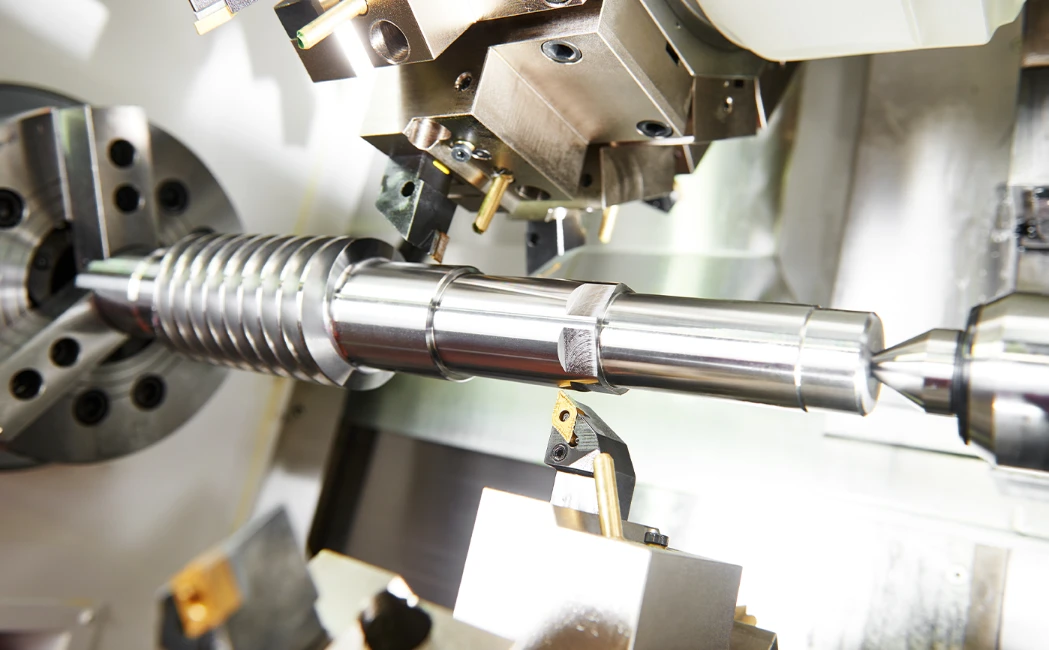 Apr. 24, 2025
Apr. 24, 2025Jiuyuan Pipeline is excited to announce its participation in the upcoming 2025 Wire / Tube with Metal & Steel KSA exhibition, scheduled from May 5th to May 7th, 2025.
-
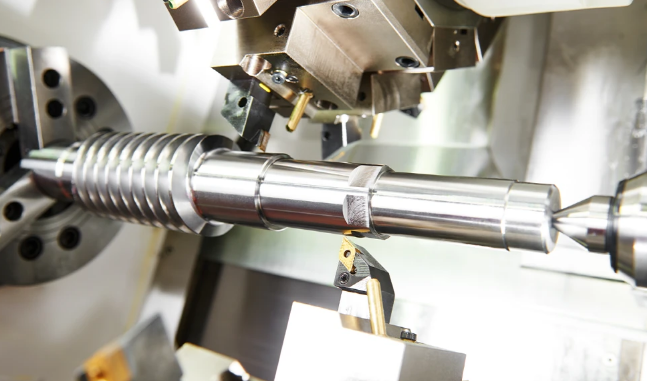 Aug. 22, 2025
Aug. 22, 2025As a trusted wholesaler specializing in pipeline fittings, HEBEI JIUYUAN PIPELINE MANUFACTURING CO.,
If you are interested in our products, you can choose to leave your information here, and we will be in touch with you shortly.
